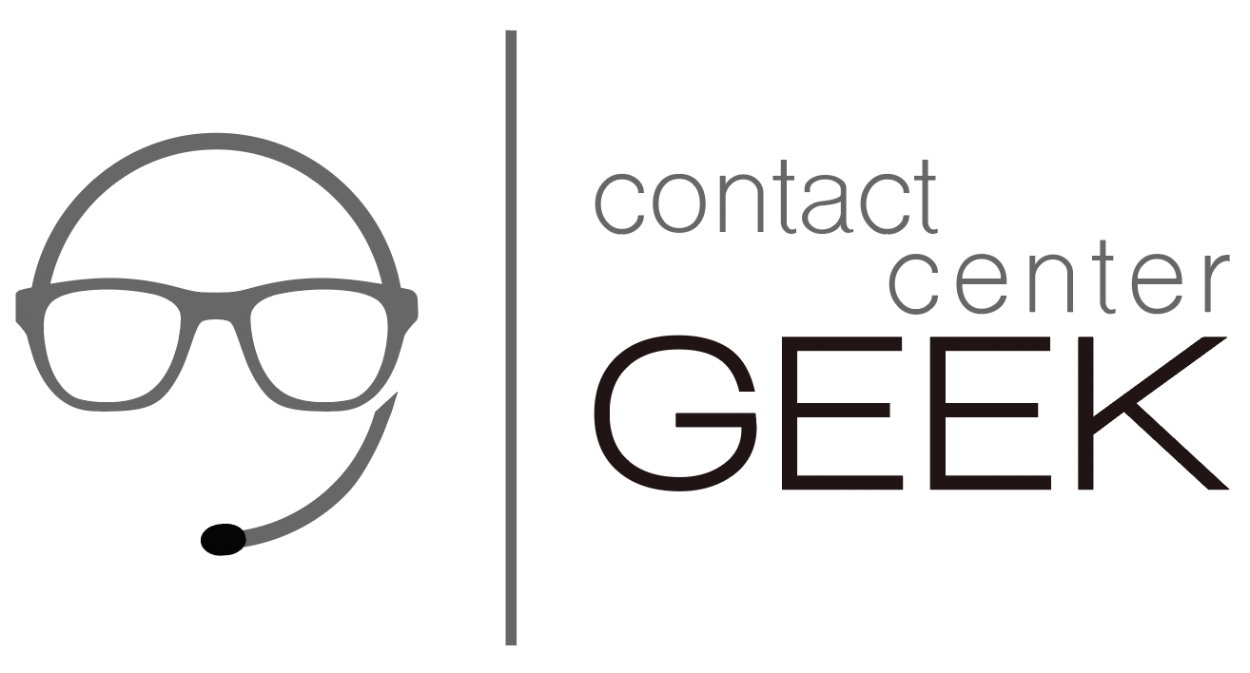No! No! No!
I make calls to call centers nearly every working day. On purpose. And I enjoy it!
Yes, you read that correctly. I actually go out of my way to call at least one call center each working day. I have been doing this for more than 15 years and I still get crazy looks when I tell people I do it.
More on that subject later.
Today, I'm focusing on one thing I hear on these calls with alarming regularity: "No."
Early in my career I learned the art of saying "no". I have even had great success remembering to rephrase "no, I can't do that" to "what I can do is...". That's fine in many situations. It reminds me to focus on solving problems rather than simply answering questions.
But sometimes, you just have to say "no" to a customer, right?
Sure.
But really? The trap is that, right now, you have customer service representatives in your call center saying "no" to customers every day and you probably don't know why.
Do you know what are your customer service team members are saying "no" to?
Here are examples I often hear when I speak to call center agents:
- "No, I can't make outbound calls." I hear this so often, I nearly fall over anytime I hear a company say they can make an outbound call. Here's how it typically sounds: "Oh, I'm sorry, this call center only takes incoming calls." Really? You work in a call center. The word "call" sort of implies you can make a call as well as take a call. Plus, no one believes you when you say that your "call center can't make outbound calls." There are many valid reasons, not to mention opportunities to surprise your customer, to make an outbound call to, or on behalf of, your customer. There may be valid reasons why you don't want your agents making outbound calls. Some workforce managers get nervous when you suggest that agents should call customers back if the customer abandoned the call or the line became disconnected.
- "No, I can't allow you to place me on hold." Wow. Talk about being unfair. Most call centers ask their customers to hold quite a bit, both before they get to an agent and then again during the call. How long should you let your customer put you on hold? It depends. How long do you expect your customers to wait on hold for you?
- "No, I can't look that up for you." Have you ever been on the phone with your bank's call center trying to figure out where a branch is? Try asking them if it's across the street from the In-N-Out Burger? You may not have good luck. On the other hand, call In-N-Out and ask the friendly employee for help finding one of their locations and they will gladly pull up a map and tell you all about the area. Sometimes, your customers need to work with another company to complete a transaction. Just try asking a call center rep for the phone number for an unrelated business. I did recently and was told I needed to use "directory assistance" to "look it up myself".
- "No, I can't e-mail (or text) that to you." I recently called a large cable company for technical support. After considerable delay to get to an agent, I was helped and was told how to make a change to my settings. The agent told me, step by step where to click to get to the page I needed. When I asked if she could simply e-mail me a link to the page she responded as if I had asked for her Social Security Number. She harshly said, "We cannot e-mail directly to customers." Interesting, since e-mail is one of the services they provide.
What should you do?
For starters, what is your call center's process for evaluating requests that commonly get a "no" response. Are you tracking these? If you don't have a process yet, start gathering data from your QA monitors or, here's a novel idea: ask your agents.
I'm not suggesting that every call center start allowing agents to make all the outbound calls they want, telling customers they'll wait forever for them on hold, or become each caller's personal search-engine, I'm suggesting you look for ways to be more helpful.
There are probably times when you're saying "no" to a customer because that's what you've always done. It may be time to revisit rules that have been handed down through the ages.
Capturing "No" data and developing an action plan about how to address them can lead to improved contact resolution rates, decreased customer irritants and even more satisfied call center agents.
Say "YES".
Photo courtesy of Nathan Gibbs (Flickr)
Article also posted on LinkedIn - linkedin.com/pulse/20141017175508-8893772-no-no-no/

